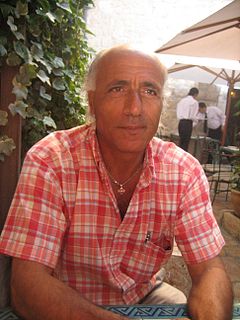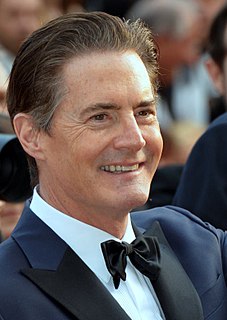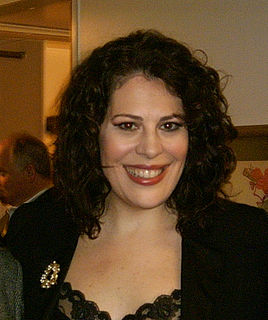A Quote by George Brandis
Opera Australia has a mix - it produces new work, it produces from the classical repertoire and, particularly in more recent years, it's done those blockbuster musicals which are very lucrative for it and reach an audience that classic opera or a new opera perhaps wouldn't reach, like South Pacific for example.
Related Quotes
I've always loved opera; it never occurred to me that I would write a proper libretto. One of my closest friends is a composer, Paul Moravec, and a few years ago, Paul and I were at lunch, and I said to him, "you really have to write an opera." So, he says very casually to me, "I'll do it if you write the libretto." Well, little did I know that the within a couple of years we would end up getting a commission from the Santa Fe Opera to write an opera together, "The Letter," which turned out to be the most successful commissioned opera in the history of the Santa Fe Opera.

































